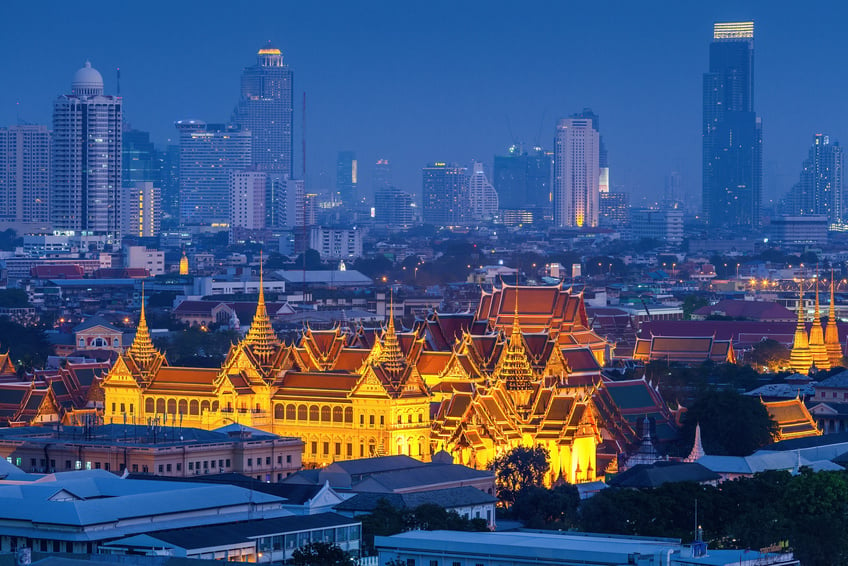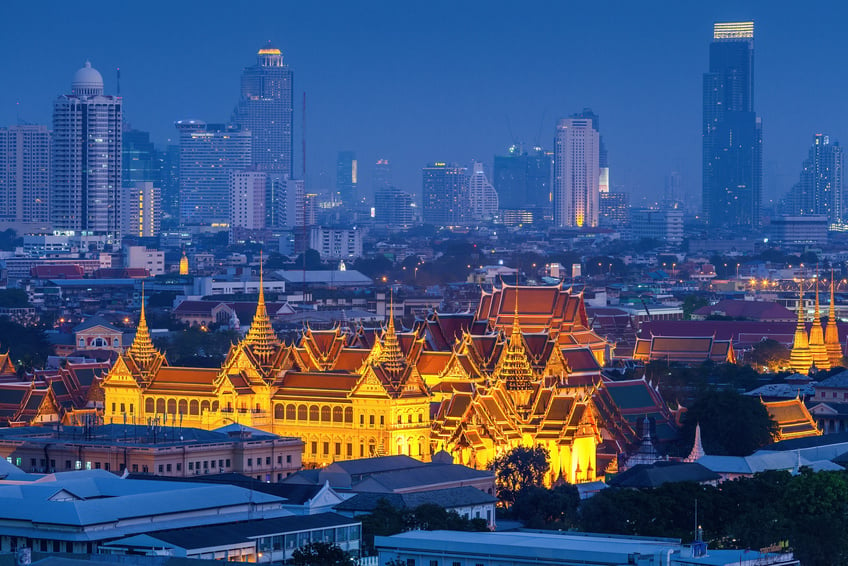In the current narcotics and psychotropic substances regulatory regime, there are numerous laws governing narcotics and psychotropic substances which are enforced by different regulatory bodies. The Thai government aims to modernize certain current provisions and to incorporate these laws into the Narcotics Code for ease of reference and consistency in law enforcement.
The Ministry of Public Health has issued notifications to amend the list of formula of Thai traditional medicine containing cannabis under the Herbal Product Act which is allowed for use to treat a disease or for research, and to amend the information, warnings or precautions required to be displayed on the package inserts of Thai traditional medicine containing cannabis.
Join the regulatory affairs specialists in our Bangkok office’s Healthcare & Life Sciences Industry Group at this insightful webinar to get an overview of the key issues which you should consider when undertaking a regulatory compliance audit as applicable to pharmaceuticals, medical devices, foods and cosmetics (including considerations based on recent legal updates), as well as the steps that may be taken to ensure you stay compliant and avoid unnecessary pitfalls.
In our previous article in the healthcare transaction series, we highlighted the need to review a target’s supply chain as one of the key areas and issues that one should pay attention to when carrying out a due diligence investigation on a healthcare & life sciences (HLS) target. This exercise in revisiting one’s supply chain in light of the COVID-19 pandemic and emerging industry trends, including (among others) digital transformation, will ensure that the company’s supply chain is resilient, compliant, and ready to meet the challenges and opportunities in the HLS industry.
Pursuant to our previous articles about medical devices and their development in Thailand following the Medical Device Act B.E. 2551 and its amendments, which were adjusted according to the ASEAN Medical Device Directive, there have been more updates on the medical device regulations under the Thai Food and Drug Administration (FDA).
By way of background, kratom (Mitragyna speciosa (Korth.) Havil.) is a tropical tree with opioid properties and some stimulant-like effects, and was previously controlled under the Narcotics Act due to these properties and effects.
On 17 May 2021, the Ministry of Public Health (MOPH) issued several notifications to prescribe the criteria and requirements in relation to the use of cannabis and hemp in cosmetics, including the permitted parts of the cannabis and hemp plant and extracts, the permitted level of THC and the permitted CBD, and applicable labelling and warning requirements. These notifications became effective on 18 May 2021.
Even though the term “cosmeceutical” is not new from the global market perspective, such products are considered relatively new from the Thai legal perspective. The Thai Food and Drug Administration (FDA) has been working on finding a new product category for herbal-based/herbal-related products with health claims for quite some time and has recently introduced the Herbal Product Act B.E. 2562 (HPA). The HPA will, generally speaking, regulate and manage the herbal drugs and herbal products which cosmeceutical is part of.




